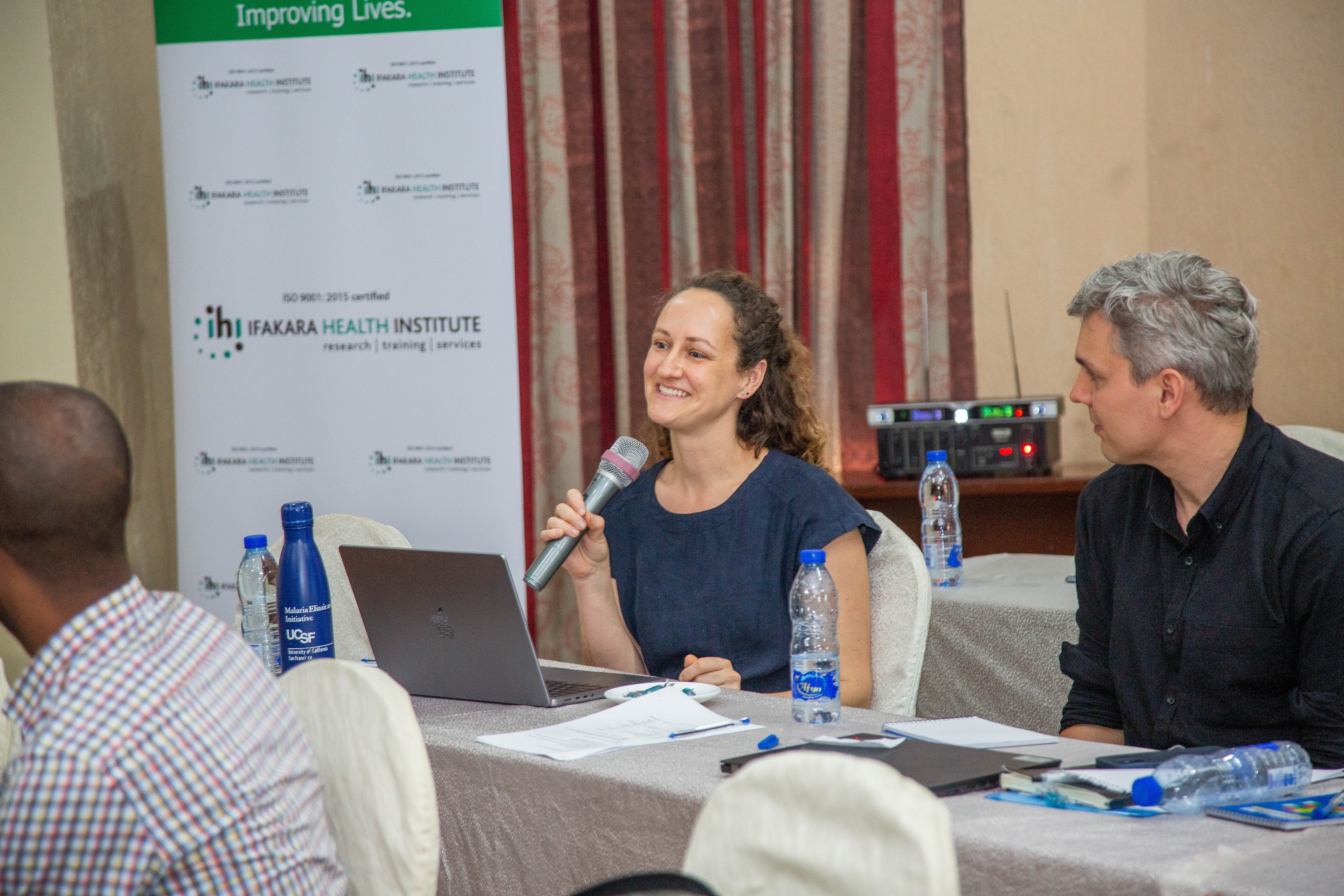
MEETING: CHILD project team evaluates progress

From 26-27 February 2024, Ifakara Health Institute and colleagues from the Swiss TPH, Stanford University and the University of California San Francisco (UCSF), who are implementing the Child Health and Infection with Low Density Malaria (CHILD) project held an annual meeting to discuss the project’s progress. The team met at Millennium Sea Breeze Resort, Bagamoyo, Tanzania and also virtually via Zoom.
Primarily, the meeting was aimed to offer the team an opportunity to re-connect. During the meeting the team conducted an in-depth review of the progress achieved in the CHILD study, analyzing the collected data.
Moreover, participants engaged in thorough discussions on the data collection and analysis plan, with specific focus areas including cost-effectiveness analysis, neurocognitive assessment, immunology, and gametocyte/non-Pf studies.
Recognizing the significance of transparency and effective communication, the meeting addressed the project's dissemination and communication plan, ensuring that the project's findings reach both the scientific community and the broader public. Lastly, participants collaboratively discussed capacity-building activities, emphasizing the commitment to enhancing the skills and knowledge of the team for sustained success.
The CHILD project is implemented by Ifakara Health Institute in collaboration with researchers from the University of California San Francisco (UCSF), Swiss Tropical and Public Health Institute (Swiss TPH) and Stanford University with funding from the National Institute of Health (NIH).
Strengthening child health
On day 2, participants gathered to review achievements and address challenges through group discussions of Clinical, Field, Laboratory, Data and Administrative team.
Key topics included improving participant retention and community engagement, enhancing clinical management practices, and refining research methodologies, such as the study of Gametocyte/Non-Pf malaria. Attention was also given to optimizing laboratory processes and sample storage, vital for reliable research outcomes.
Additionally, strategies for integrated disease management, especially in antenatal care, were deliberated upon to ensure comprehensive health surveillance for mothers and babies. Furthermore, the meeting emphasized the importance of assessing immune responses in children for better vaccine development and tailored interventions.
As the CHILD Annual Meeting concluded, the commitment to bolstering child health remained firm. With collaborative efforts and insights gained, Ifakara Health Institute and partners are poised to overcome obstacles and continue working towards healthier futures for children in malaria-endemic regions.
